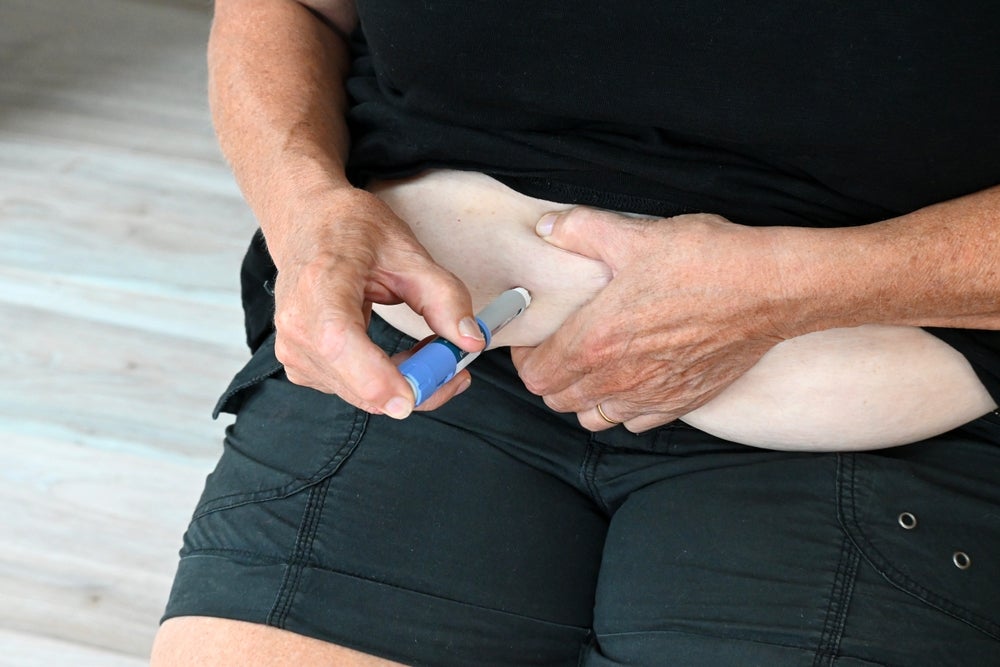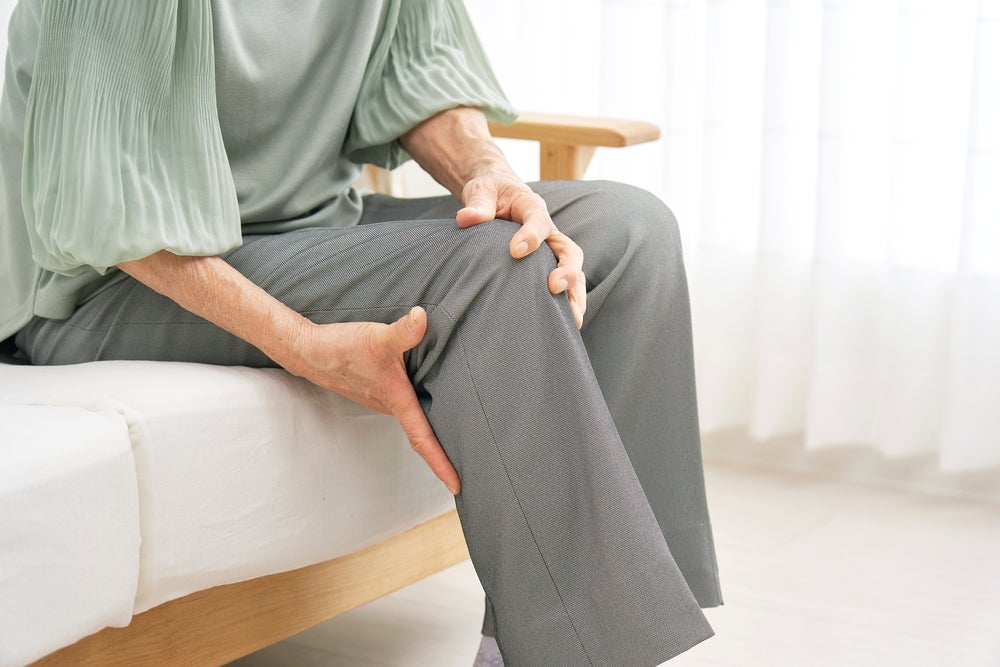Janssen Research & Development has reported positive data from a Phase ll clinical trial of intranasal esketamine in patients with treatment-resistant depression.
The trial was a double-blind, doubly randomised, placebo-controlled, multicentre study that was carried out in 13 sites across the US and one in Belgium.
Conducted from January 2014 to September 2015, the trial enrolled 126 adults between the age group of 20 and 64 years, who were medically stable and had received a diagnosis of a major depressive disorder.
Throughout the trial, all participants continued to take oral antidepressants, which are considered to be standard of care.
Primary efficacy endpoint of the trial was to achieve change from baseline to day eight (for both of two one-week treatment periods in the study) in the Montgomery-Asberg Depression Rating Scale (MADRS) total score.
It was observed during the trial that changes in the MADRS total score for both periods combined in all three esketamine treatment groups were better than placebo with a significant ascending dose-response relationship.
How well do you really know your competitors?
Access the most comprehensive Company Profiles on the market, powered by GlobalData. Save hours of research. Gain competitive edge.

Thank you!
Your download email will arrive shortly
Not ready to buy yet? Download a free sample
We are confident about the unique quality of our Company Profiles. However, we want you to make the most beneficial decision for your business, so we offer a free sample that you can download by submitting the below form
By GlobalDataResponse was also observed as early as two hours post-dose and appeared to increase over time with repeated dosing, as evidenced by a decrease in mean MADRS total score over the open-label phase.
Among the patients who received the same treatment and completed the two-week double-blind phase, more participants treated with the two higher esketamine doses remitted after two weeks of treatment compared to placebo.
Furthermore, an improvement in mean MADRS ratings continued to follow over the eight-week follow-up phase (without additional esketamine doses) in those participants who remained in the study.
According to Janssen, intranasal esketamine was also appeared to be generally well-tolerated based on the adverse event data received from the study.
In addition, no deaths were reported during the trial.
Janssen is currently investigating esketamine in various Phase lll clinical studies for treatment-resistant depression and for patients with major depressive disorder who are at imminent risk for suicide.







